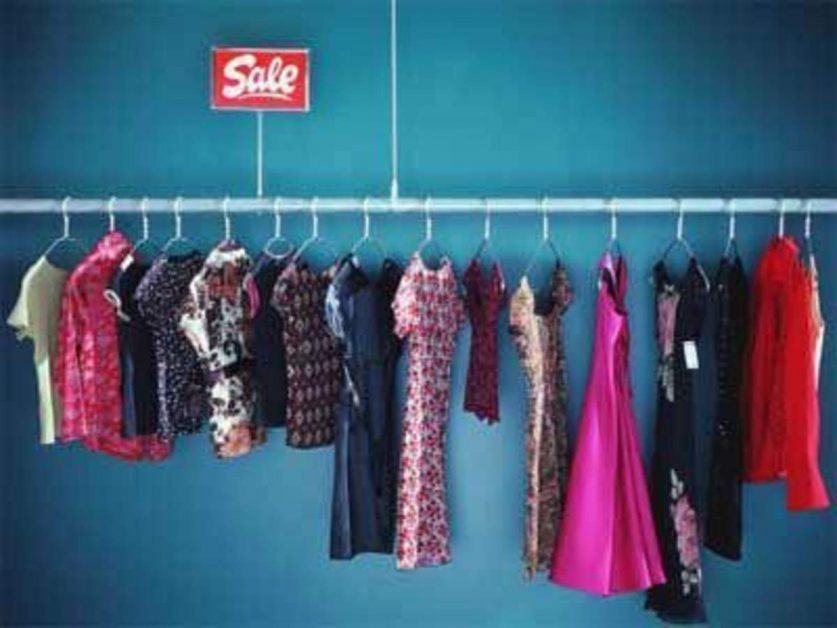December 8, 2020: The Apparel Export Promotion Council (AEPC) has sought simplification of rules and changes in the Special Advance Authorisation Scheme for garment exporters.
The Scheme is specifically meant for the apparel sector. The Council has suggested issuance of Special Advance Authorisations to the apparel sector on self-declaration and self-ratification basis,” according to A. Sakthivel, chairman of AEPC.
At a meeting of the Board of Trade held to seek suggestions on a new Foreign Trade Policy, Mr. Sakthivel said, “At present, the facility of self-certification and self-ratification, available under the Advance Authorisation scheme to other sectors, is not available to the apparel sector. In cases where Standard Input-Output Norms (SION) are not there, exporters in the apparel sector have to wait for a longer period for getting SION fixed in the norms committee.
“So, for faster clearances of these cases, facilities of self-certification and self-ratification must be made available to the apparel sector as well,” he said.
As the Production Linked Incentive (PLI) scheme has also been extended to the apparel sector which requires huge capital investment, the Council has suggested changes in the Export Promotion Capital Goods (EPCG) scheme to take care of the growing need of capital investment in the sector, he said in a press release.
Further, for overall export promotion, he stressed on the need to address the issues of duty disadvantage in the overseas market through free trade agreements.
“India is facing duty disadvantages against competitors in major overseas destinations like the UK, EU and Canada. Indian apparels face a 9.6% tariff disadvantage in the UK and EU, and 17.5% in Canada against countries like Bangladesh and Cambodia due to the Generalised Scheme of Preferences,” he said. Free Trade Agreements between India and these countries will make exports competitive, he said.
Source: The Hindu






